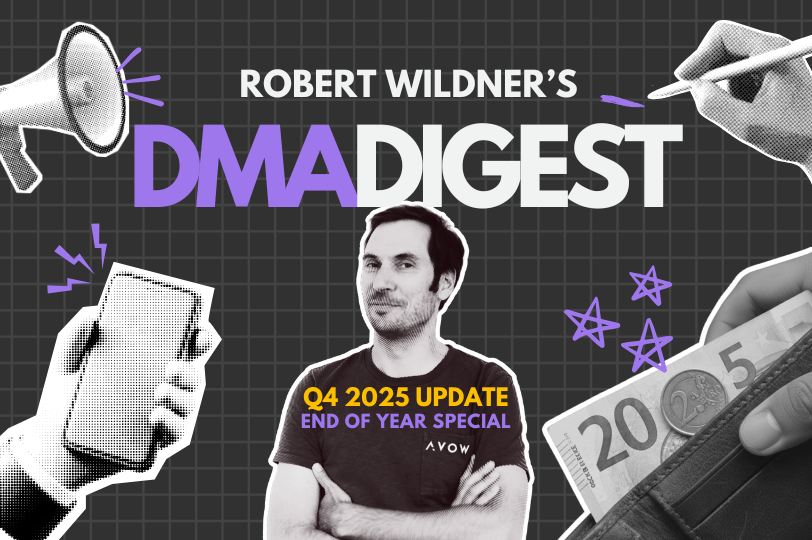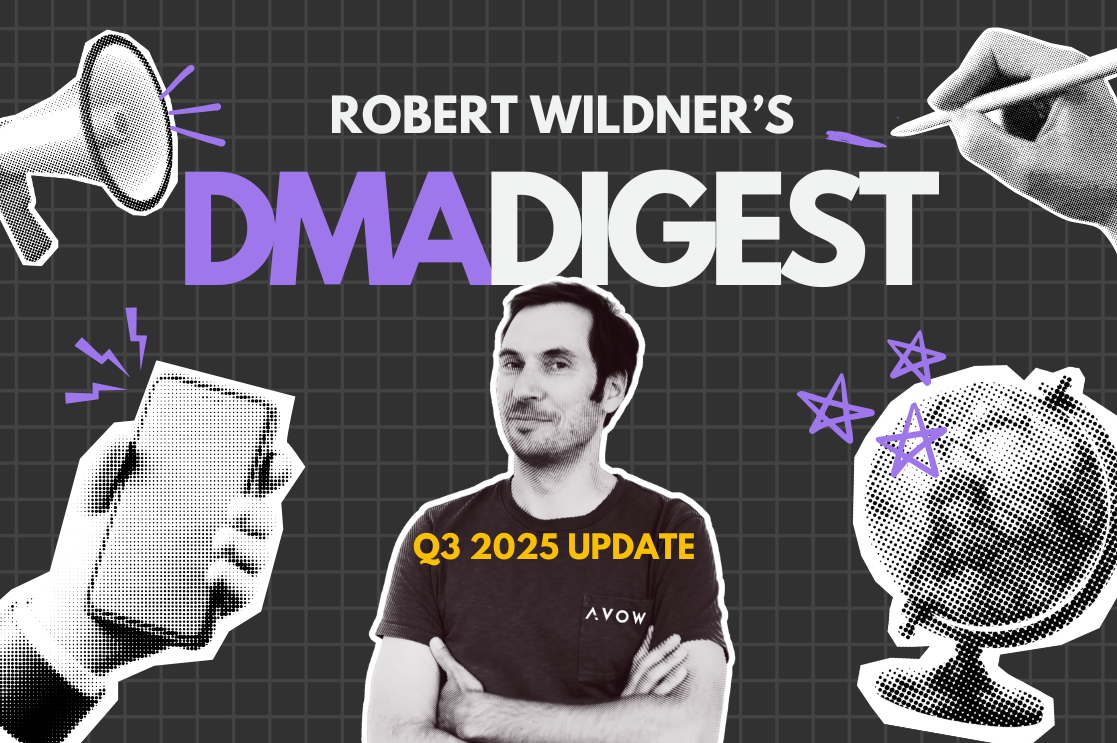What is the European Digital Markets Act?
A legislative act of the European Union aimed at promoting fair competition and innovation in the digital sector. Due to be enacted by March 2024, the DMA targets large online platform such as Apple and Google, known as “gatekeepers,” that control access to key digital services. It introduces rules to prevent these gatekeepers from abusing their market position and ensures they engage in fair business practices. Key provisions include prohibiting certain anti-competitive behaviors, mandating interoperability in some areas, and imposing significant penalties for non-compliance. The act reflects the EU’s commitment to a more equitable and open digital market, fostering a balanced digital ecosystem for businesses and consumers.
The Digital Markets Act (DMA), implemented by the European Union (EU), is an innovative legislation designed to regulate large digital platforms that act as “gatekeepers.” Gatekeepers such as massive tech firms typically control key digital markets, including app stores, search engines, and social networks – often acting with little regulation at all from other players in these spaces.
Through regulation under DMA the goal of this framework is to promote fair competition while decreasing monopolistic behavior as well as protecting smaller businesses and consumers by making sure these dominant market positions don’t abuse their dominant positions over time.
At the core of DMA lies its mission of creating an open and competitive digital environment.
Through clear rules and obligations for gatekeepers, it aims to prevent unfair practices like self-preferencing (when platforms prioritize their products or services over those of competitors) and restrictive app store policies, targeting companies that have major impacts in EU markets with at least EUR6.5 billion turnover/market cap over EUR65 billion respectively.
Key provisions of the Digital Markets Act:
Interoperability: Gatekeepers must ensure their services operate seamlessly with those from third parties, mainly when offering messaging services allowing their users to communicate seamlessly across platforms. This provision is especially relevant in messaging services where user communication takes place seamlessly across different platforms.
Data sharing: Companies will no longer be permitted to utilize information gleaned from one service in order to gain an unfair edge elsewhere. For example, gatekeepers will no longer be allowed to use data from their app stores for themselves rather than third-party developers or apps or services available through them.
Third-party access: Platforms must provide consumers with greater freedom and choice by permitting alternative app stores and third-party payment systems onto their platforms, creating greater independence for consumers as well as developers who have long been subjected to high fees and restrictive practices imposed by dominant app stores. It could prove transformative.
Advertising transparency: The DMA recently unveiled new standards of transparency in digital advertising platforms. Platforms must disclose how they use data for targeting ads as well as give detailed statistics regarding how successful those ads were for advertisers.
The DMA’s enforcement mechanisms are stringent; noncompliance could cost non-compliant companies as much as 10% of global revenue in fines, and repeated violations could even warrant additional EU sanctions such as structural remedies such as breaking up parts of their business.
The Digital Markets Act represents an ambitious shift in how digital markets are managed, favoring fair competition and transparency to foster an ecosystem that benefits both consumers and businesses alike, particularly mobile-first environments where gatekeepers have long held too much power.
More Resources on Digital Markets Act







